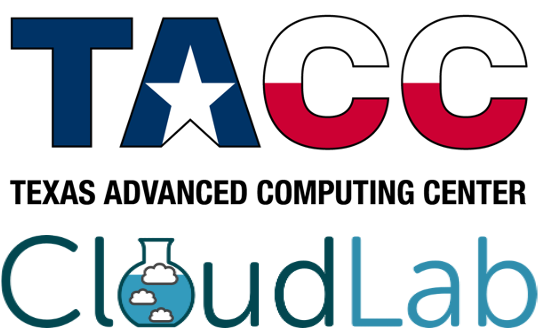Our Expedition aims to integrate the Learning Directed Operating System (LDOS) into computer systems in the 2030s and beyond. To achieve this, our project will identify and address fundamental cross-cutting research challenges underlying LDOS. Additionally, we will impact OS practice and education through collaboration with industry partners and innovative LDOS-inspired curricula and programs focused on systems and ML, aiming to engage and retain students.
Research Thrusts
1. Structure of Systems Data
A key requirement for LDOS is high-quality data both for training ML-based OS policies and driving ML-based decisions at run-time. To this end, our research will develop novel techniques rooted in generative AI and advances in representation learning to create systems datasets that can drive effective training and run-time inference.
2. LDOS Learning Algorithms
We will develop novel algorithms for learning LDOS policies. Our research will address three issues unique to systems: (1) learned policies' decisions need to compose to meet end-to-end application and system objectives; (2) the policies must adapt quickly to environment changes; and (3) the learned models must compose and interoperate well with human-engineered OS code. These give rise to fundamental challenges in compositional verified learning and online learning algorithms.
3. Systems Building Blocks
To effectively realize the potential of the ML-based policies in an OS, we need to rethink key aspects of OS design. Specifically, our research will develop new OS abstractions, interfaces, and dataplane mechanisms that enable easy integration of learned policies and efficient adaptation while requiring minimal human intervention. Furthermore, we will identify and address new security and privacy vulnerabilities arising from LDOS's ML-driven architecture.
4. Prototyping and Evaluation
To create a fully functional clean-slate LDOS, our project will employ a phased approach, focusing initially on enhancements to Linux, then exploring architectures that allow us to introduce new learning-driven sub-systems into existing OSes, leading finally to a full-fledged OS. Our phased implementation will dovetail with and be informed by our evaluation of the prototypes across realistic testbeds reflecting our main three use cases (more on this below).
Education and Broadening Participation
LDOS, with one foot in popular Machine Learning, offers a unique opportunity to reboot excitement around computer systems.
Our Expedition will use LDOS as the basis to create new modules and courses highlighting the beautiful interplay of systems and machine learning principles and develop novel certificates and MS programs.
We are developing new initiatives to broaden participation and cultivate ML and computer systems leadership by offering LDOS-inspired programs at different educational levels, from middle school to higher education.
Collaboration with OS Practitioners
A key goal of our project is ensuring effective knowledge transfer. To this end, we are partnering closely with leading industry giants and OS practitioners to develop LDOS, evaluate and demonstrate it in realistic deployments, create an open-source ecosystem, and encourage broad adoption across the computing industry. Our partners and their collaborative activities and topics are shown below.

Collaboration on developing heterogeneous robot apps and evaluating them on LDOS-enabled consumer robot platforms.

Integrating LDOS with cloud and node managers, and evaluating dependability and resource efficiency amid dynamics; And developing an LDOS network subsystem for cellular edges and evaluating real-time edge applications atop realistic access edge platforms.

Contributing longitudinal systems traces, collaborating on LDOS development and testing, and evaluating LDOS in HPC settings.